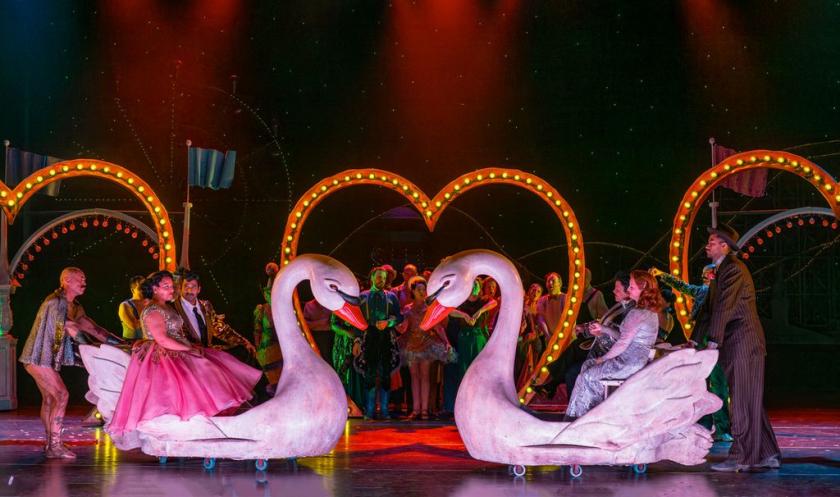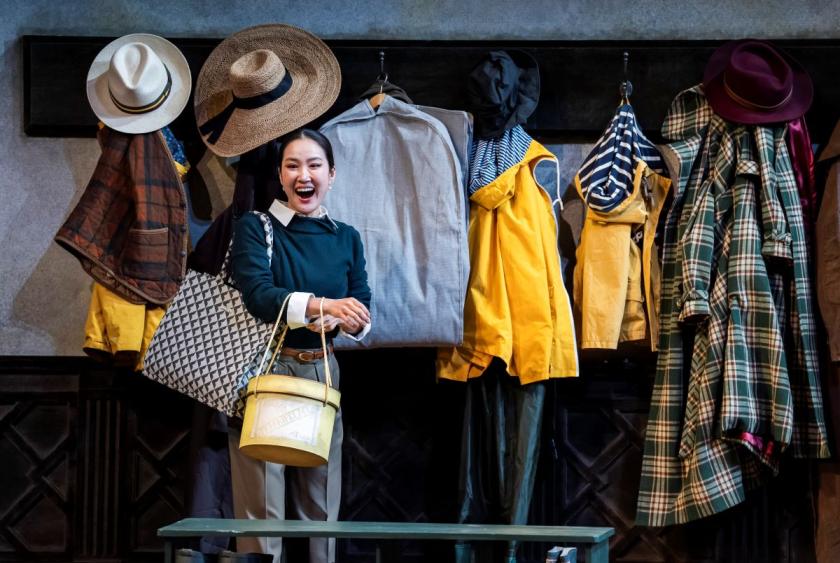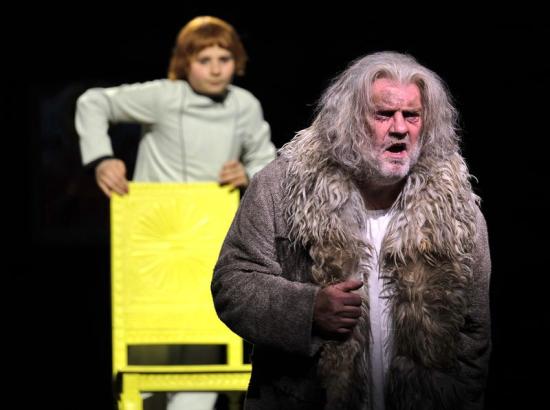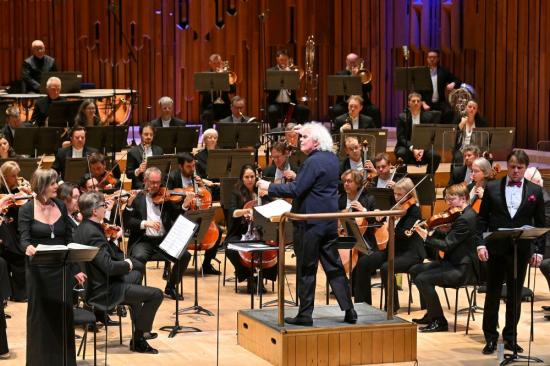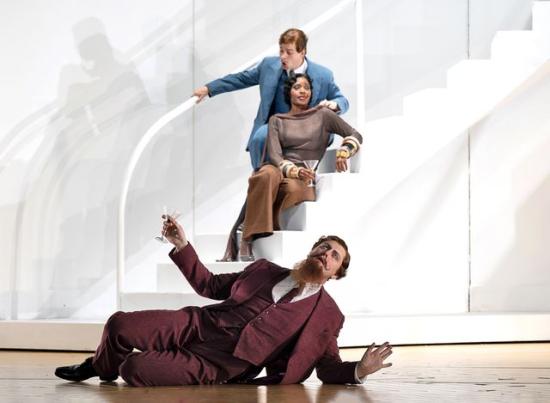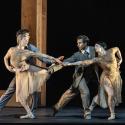opera reviews, news and interviews
the future of arts journalism
You can stop theartsdesk.com closing!
We urgently need financing to survive. Our fundraising drive has thus far raised £33,000 but we need to reach £100,000 or we will be forced to close. Please contribute here: https://gofund.me/c3f6033d
And if you can forward this information to anyone who might assist, we’d be grateful.

latest in today
We are bowled over! We knew that theartsdesk.com had plenty of supporters out there – we’ve always had a loyal readership of arts…
For Richard Hawley, a “little banger” is a top-notch single, one condensing everything about the performance and performer into what can he…
Star attractions for this revival of ENO/Improbable's Coney-Island-in-the-1950s Così were sopranos Lucy Crowe and Ailish Tynan, and…
A right wing populist, a master manipulator of the media, he appears to be immune to the long accepted norms of professional behaviour.…
It’s a story being repeated the world over – apex predators such as lynx, wolves and bears hunted to extinction, followed by the gradual…
Edward Simon shows again on this new album of re-imagined songs from Venezuela what a very fine pianist he is. His touch and inventiveness…
Fabled for (among other things) The Evil Dead, Darkman and Spider-Man, Sam Raimi made his last appearance as a director on 2022’s Doctor…
Mandy, Indiana are a Mancunian four-piece with a French singer who's based in Berlin. They make a lot of noise. Their second album is a…
"How can we sleep for grief?", asks the brilliant and agitated Thomasina Coverly (the dazzling Isis Hainsworth) during the first act of…
Two concerts packed with thorny repertoire playing to large and enthusiastic audiences of all ages: the London Philharmonic Orchestra is…
Most read
I missed out on Miles Kane's earlier work with The Rascals, but was quickly seduced by his partnership with Arctic Monkey Alex Turner as…
Fabled for (among other things) The Evil Dead, Darkman and Spider-Man, Sam Raimi made his last appearance as a director on 2022’s Doctor…
Every February the Sadler’s Wells flamenco festival summons the illusion of Spanish sun onto our chilled, grateful backs - this year…
Star attractions for this revival of ENO/Improbable's Coney-Island-in-the-1950s Così were sopranos Lucy Crowe and Ailish Tynan, and…
Une Femme Mariée has been all but lost. Made in 1964 and barely seen since, it lurked silently in Godard's filmography between Bande à Part…
Towards the end of Tate Modern’s retrospective of Roy Lichtenstein, there is a small abstract painting, Untitled, 1959, executed just…
Lucy Beaumont tells some tall stories – many ridiculous and some of them true, one assumes. But such is Beaumont’s wide-eyed…
For Richard Hawley, a “little banger” is a top-notch single, one condensing everything about the performance and performer into what can he…
No one divides opinion quite like Wayne McGregor, Sir Wayne since 2024. He’s the closest thing to Marmite on the ballet scene. Either you’…
"How can we sleep for grief?", asks the brilliant and agitated Thomasina Coverly (the dazzling Isis Hainsworth) during the first act of…

